MSU’s 2030 Strategic Plan affirms that every student admitted has the ability to succeed and graduate and states a commitment to increasing the six-year graduation rate to 86% by 2030. With a long history of creating student success initiatives focused on increasing graduation rates and driving equitable education outcomes, MSU is continuing its commitment to developing and supporting programs that reduce historic opportunity gaps for first-generation, transfer and underrepresented student populations.
Student success programs play a pivotal role in closing graduation gaps among underrepresented students in college. These programs provide tailored support and resources, addressing unique challenges these students face. From mentorship initiatives to academic tutoring and financial aid guidance, these programs offer a holistic approach to ensure students from underrepresented backgrounds thrive in their academic journey. They often create a sense of belonging and community, fostering an environment where these students feel supported and empowered, which significantly contributes to their retention and success.
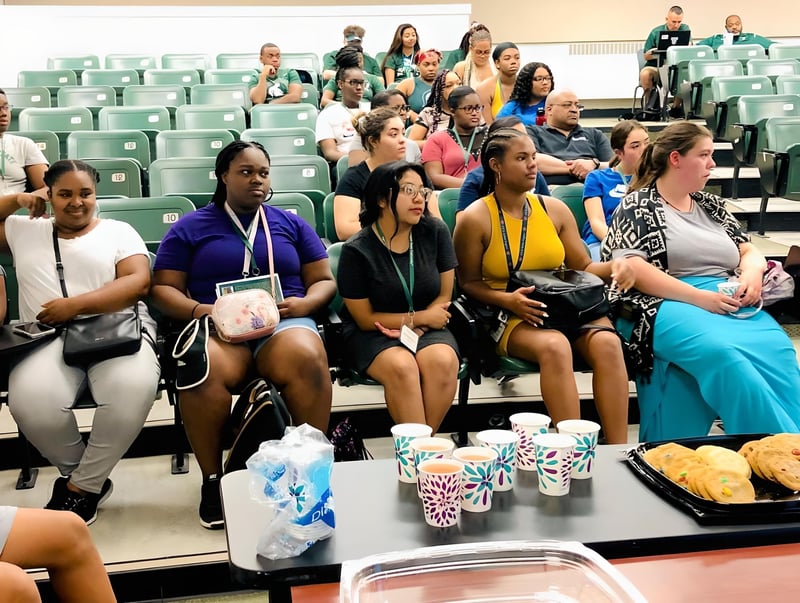
“Because we take an institutional reform approach to student success, everything that we do to make MSU more inclusive and accessible for any one student makes the institution a better place for everyone,” said Vice Provost for Undergraduate Education and Dean of Undergraduate Studies Mark Largent.
“Academic achievement is not the only factor that can define the success of a student,” said Senior Vice President for Student Life and Engagement Vennie Gore. “Experiences outside of the classroom shape the journey of a Spartan, and it is important to work toward fostering the kind of community that prioritizes student success in a variety of ways.”
Data already demonstrates that programs focused on diversity, equity and inclusion like M.A.G.I.C, which stands for Maximizing Academic Growth in College; the Inclusive Campus Initiative; Migrant Student Services; Detroit M.A.D.E., or Mastering Academics Demonstrating Excellence; and Pathway to Research are having a positive impact on graduation rates. By helping students find community, develop a sense of belonging and engage in high-impact learning opportunities, these programs prepare students to persist, graduate and pursue their passions.
M.A.G.I.C. spells student success

For some MSU students, the key to academic success begins before the first semester of their first year even begins.
M.A.G.I.C. began 27 years ago as a program that allowed incoming first-year students to not only get a head start on acclimating to campus and college life the summer before coming to campus, but also to learn about transitional challenges and strategies, navigate MSU’s expansive campus and access resources aimed at helping them persist and graduate.
The goals of the program are to expose students to academic success strategies, like time management, study skills, and math and writing competencies. It is also the mission of the program to relieve the anxiety students bring with them to college and help them feel comfortable. Then, when they leave the M.A.G.I.C. program, they will feel comfortable navigating campus and their academics.
“All the research shows that when a student is comfortable in their environment, they perform in academics at a higher level,” said Murray Edwards, M.A.G.I.C. originator and assistant director of the Office of Cultural and Academic Transitions.
The program has played an important role in helping students better prepare for academic achievement. Of the 179 students who participated in M.A.G.I.C. in 2022, 85% have a GPA between 3.0 and 4.0, according to Edwards. And of that 85%, 65% have GPAs above a 3.5 and made the Dean’s List. Of all first-year MSU students, the students who saw the highest academic success were M.A.G.I.C. students.
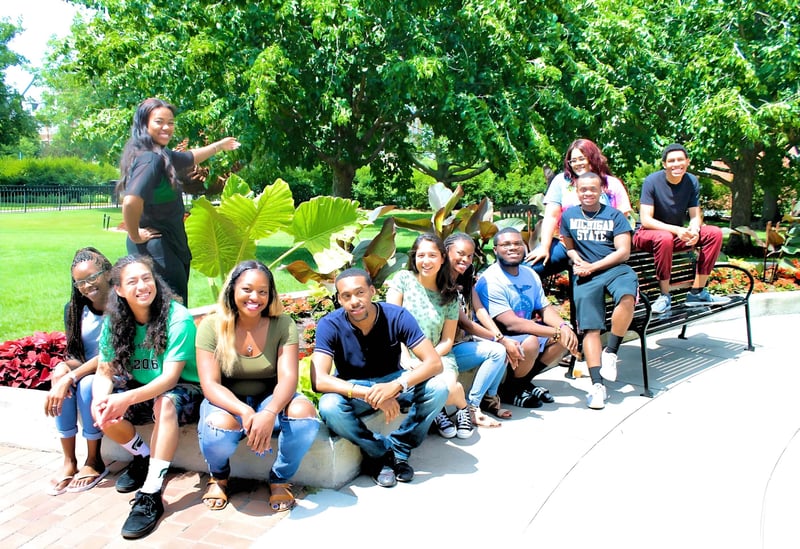
The majority, or about 95%, of those who have participated in M.A.G.I.C. have been Black students. During that time, the graduation rate for Black students averaged around 55% to 60%, but the graduation rate of Black students who participated in M.A.G.I.C. is up to 70%, Edwards said.
“That’s the biggest impact that we can quantify,” he said.
Over the last two decades of the program, it has been common for Edwards to hear from students how their participation in M.A.G.I.C. helped relieve the anxiety of transitioning into college. Students and program alums also credit it for helping them start their college careers strong and develop the skills they needed to persist and later graduate.
“The M.A.G.I.C. program also helped me to better understand the importance of taking charge of my education,” said Morgan Persell, a M.A.G.I.C. student and one of several who shared the impact the program has had on them. “Through the various workshops and activities, I learned how to set academic goals, prioritize my responsibilities and manage my time effectively. This has enabled me to stay focused and on track throughout the school year. I am grateful for the opportunity to participate in the M.A.G.I.C. program and highly recommend it to anyone who wants to make the most of their college experience. It is a great way to connect with others, gain valuable skills and start your college journey on the right foot.”
'Affecting their sense of belonging'
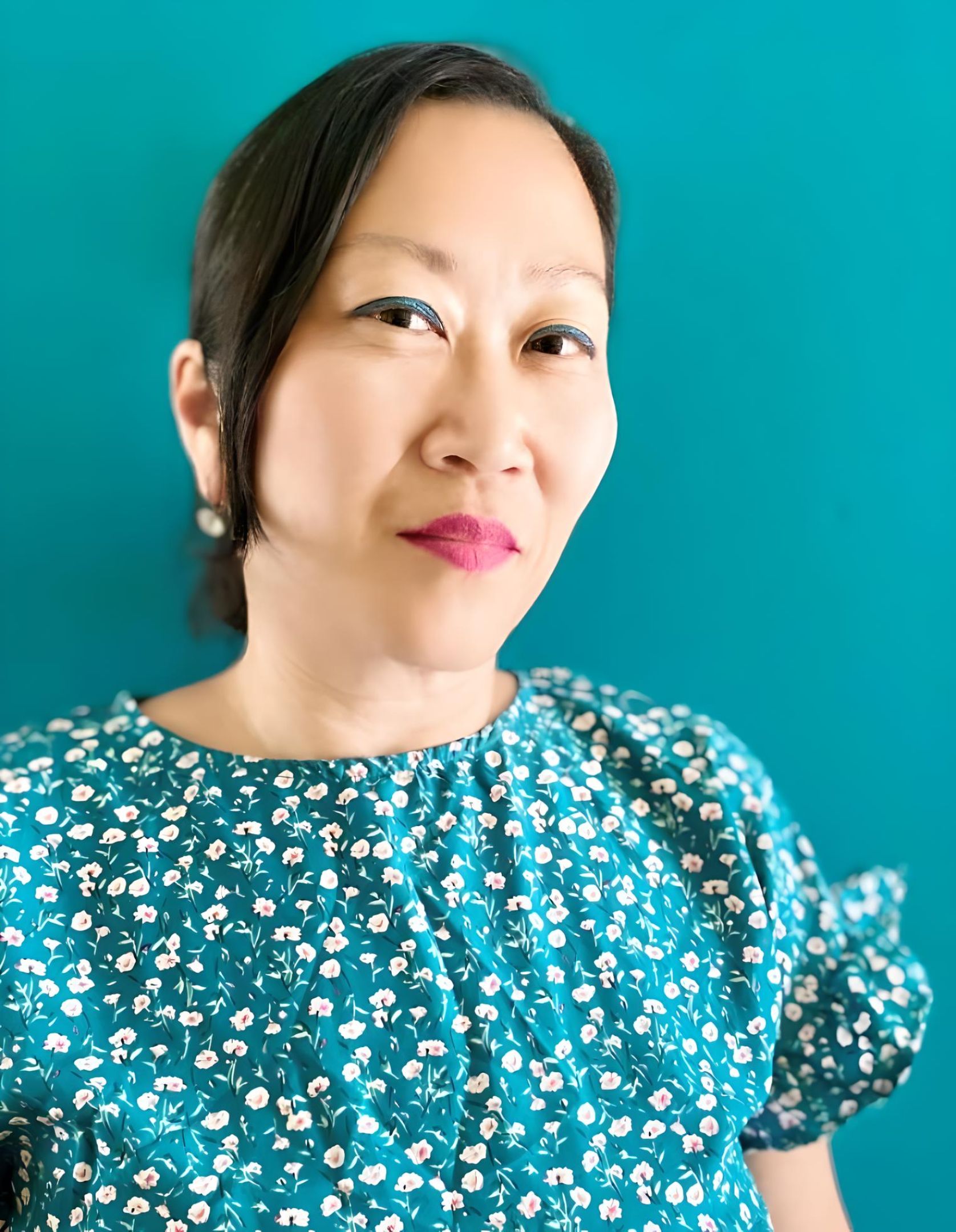
Like M.A.G.I.C., the Inclusive Campus Initiative, or ICI, was created to develop a sense of belonging for all students, no matter their identity groups.
The Inclusive Campus Initiative, sponsored by the senior vice president for Student Life and Engagement, was developed out of student town halls and feedback. Students raised concerns about not feeling safe or not feeling the sense of belonging that is so critical to student success. The ICI works to create that sense of belonging for marginalized students through support and advocacy.
“It’s affecting their sense of belonging and their academics. If they have to deal with this feeling that they don’t belong, things like microaggressions and the feeling of isolation, they’re not going to want to focus on their studies,” said Meaghan Kozar, project manager for the Inclusive Campus Initiative. “I believe that this helps. It’s a form of empowering students, it’s helping to support their activism and they can see some change.”
Creating a sense of belonging for students is just one of the areas that make up the framework of the ICI campus ecosystem; it also includes developing communication and programming strategies in addition to supporting student groups through funding efforts and other programs.
Through inclusive opportunities, the ICI helps marginalized students feel seen, heard and empowered, while increasing communication and collaboration of DEI efforts and student support strategies across campus.
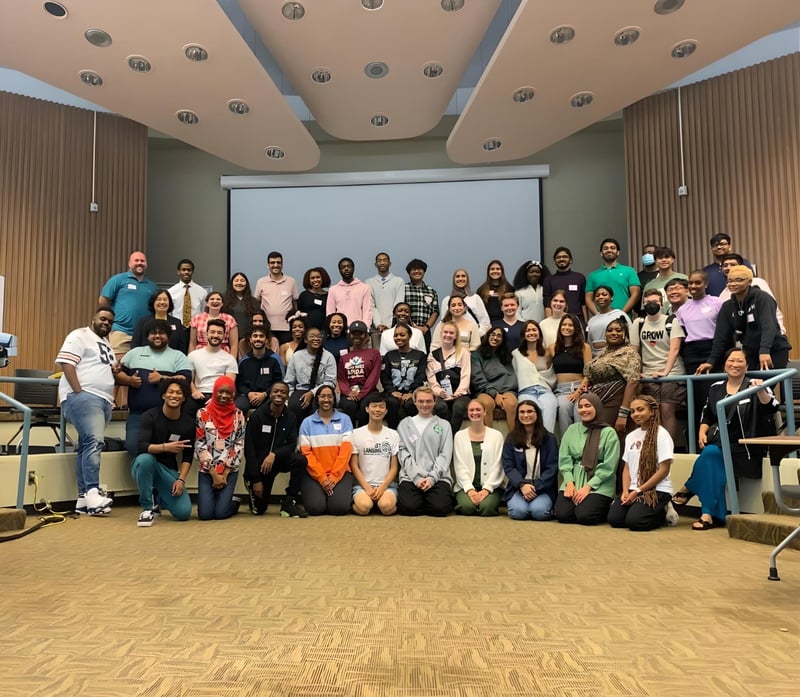
The ICI has worked toward those goals through efforts like virtual community forums, a student advisory committee, the annual ICI Student Summit, an ICI Leadership Advisory Team, ICI Task Force teams, DEI and belonging presentations and more.
“We have a culture where, because of the size of MSU, students are often removed from administrators and administrators are removed from students. So, historically, students have felt the only way they can have their voices heard is through protest,” Kozar said. “While that is still going to happen, how can we also facilitate the conversations between students and administrators and how can our staff be liaisons between students and administrators?”
The ICI is now entering its third year, and Kozar acknowledged that much work remains to be done. Some of that work is outlined in the ICI’s 2022-23 Year End Report, including developing a community trauma response team and a campus resources work group, creating a set of guiding principles, increasing communications and outreach and continuing to adjust to student and community needs.
Prioritizing education and empowerment
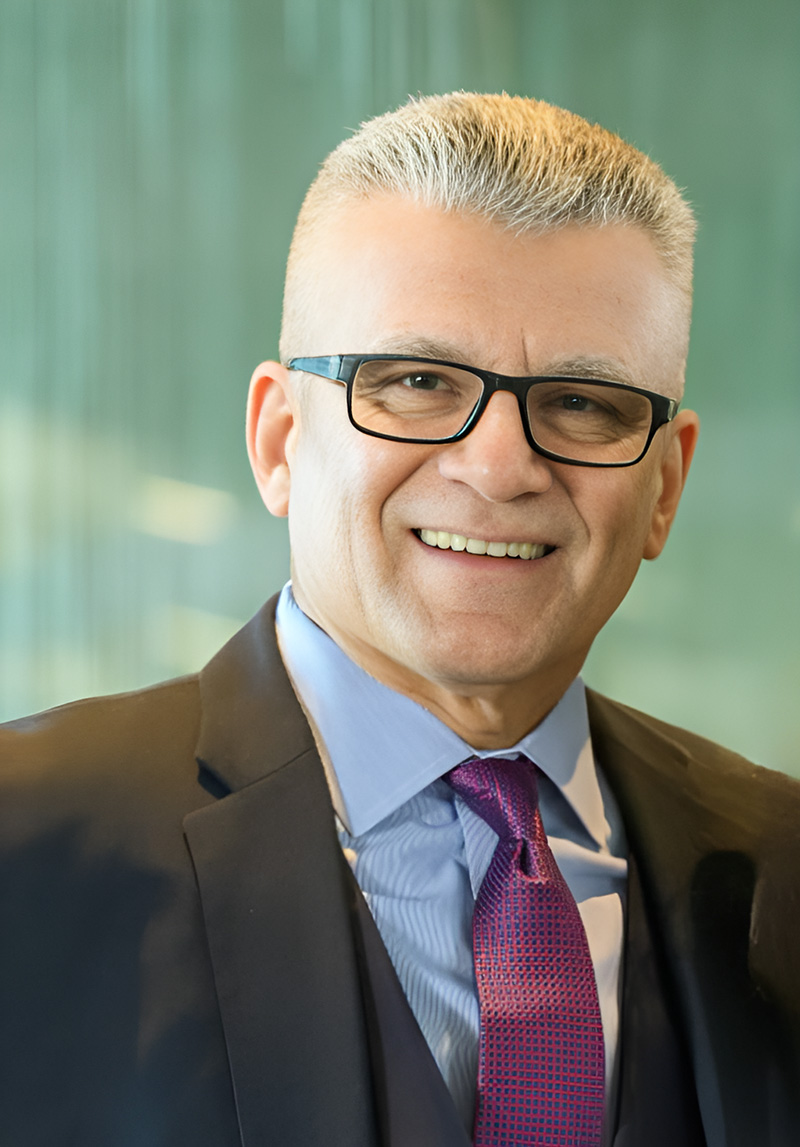
Many individuals on campus find success by leaning on others who share similar identities and upbringings.
Migrant Student Services, or MSS, strives to advance education and empower students from migrant and seasonal farmworker communities. The program’s central focus is on the success of students, and it aims to provide opportunities for students to develop values and skills to empower positive change in their lives and communities.
MSS provides various programs rooted in educational opportunity and advancement. These include the College Assistance Migrant Program, the Identification and Recruitment Center, the National Migrant Scholars Internship and more.
“Programs like MSS are critical to increasing diversity in admissions,” said Florensio Hernandez, assistant director for diversity, equity and inclusion in the Office of Admissions. “The uptick in Latino/a/e/x enrollment at MSU is a tribute to the success that migrant farmworker students have been able to attain.”
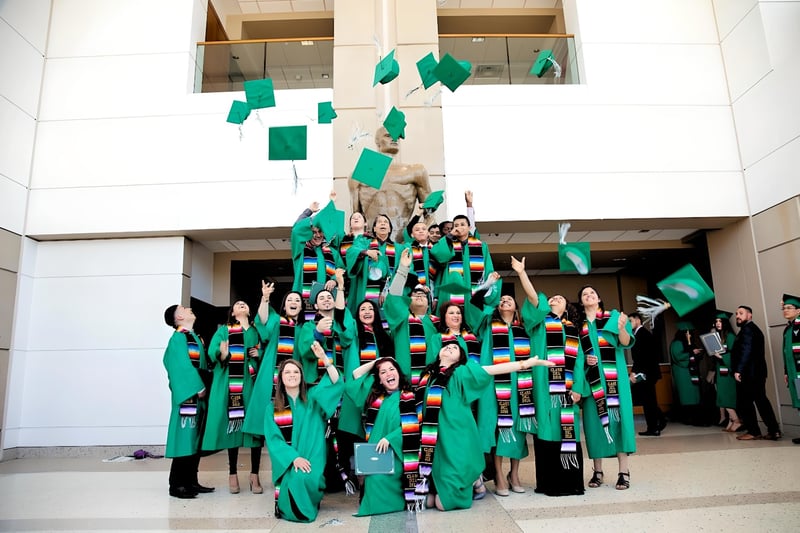
The programs and initiatives that MSS provides strive to advance educational endeavors for students while preparing them for a successful life postgraduation. Today, Latinx enrollment is growing at MSU faster than ever before with over 2,300 undergraduates enrolled in 2022 and is expected to increase even more in the years to come. Because of this, MSS seeks to stay true to its mission of ensuring prosperity and progress for students from migrant and seasonal farmworker backgrounds.
“The scholars involved in our various groups have the opportunity to branch out, undertake new experiences, meet new people and learn about cultures different from their own all while pursuing degrees that will take them far,” said MSS Director Luis Alonzo Garcia. “Our goal is that the academic efforts that students embark on at MSU will take students far in life because of the development they received to make them critical thinkers.”
Cohort learning and giving back
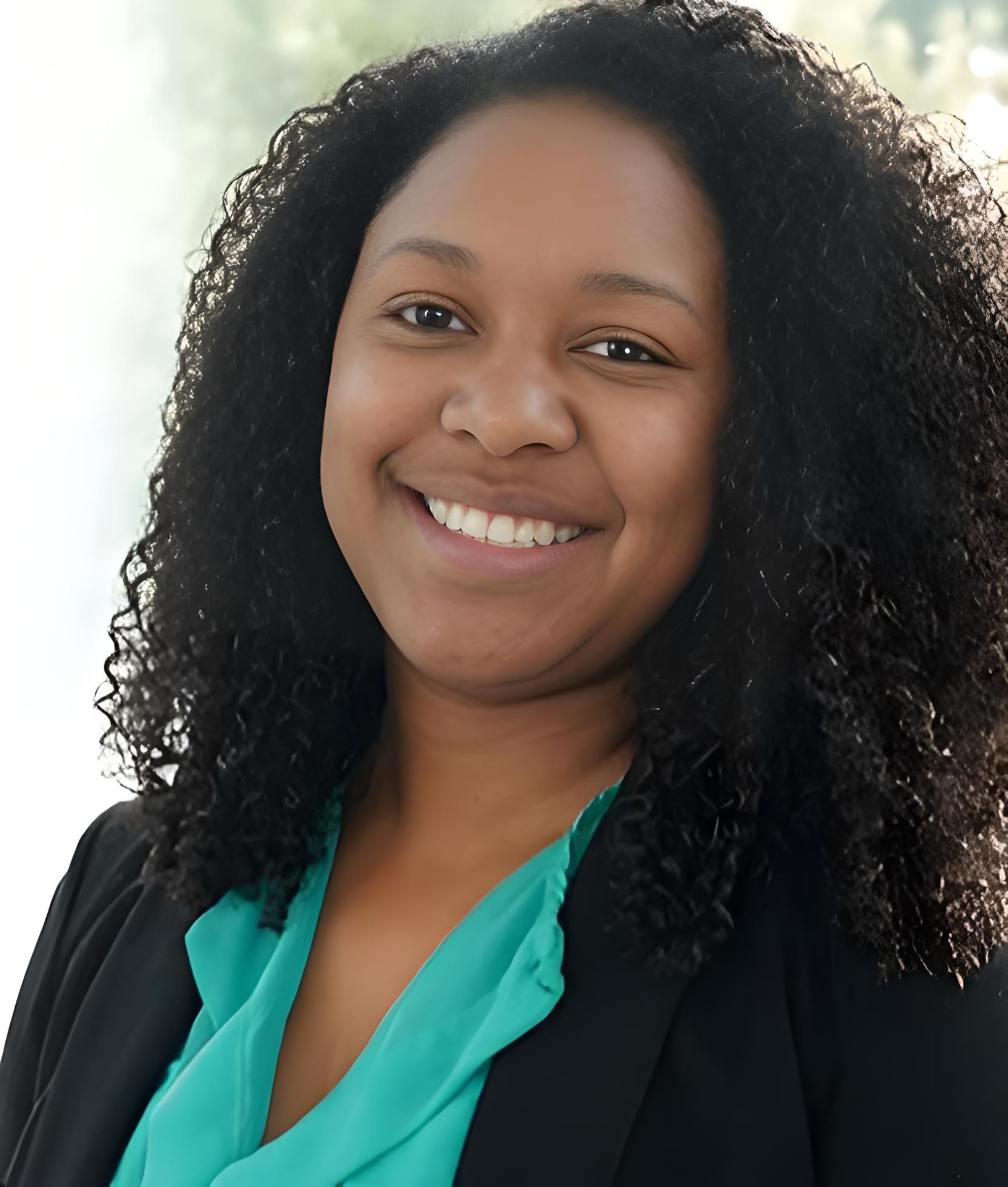
For some students, finding success means finding your community.
The Detroit Mastering Academics Demonstrating Excellence, or M.A.D.E., Scholars Program provides academic, personal and career development support to MSU students who graduated from Detroit public and charter high schools.
With support from MSU’s Office of Undergraduate Education and the Gilbert Family Foundation, participants in the program are offered high-impact learning opportunities before arriving on MSU’s campus and throughout their academic careers at MSU.
Overwhelmingly, what the Detroit M.A.D.E. Scholars Program provides is a sense of belonging for students who come from a common background with similar academic goals. For first-generation students, particularly those who come from underrepresented populations in higher education, programs like this provide the support, guardrails, accountability and community necessary to foster high degrees of student success. Service learning, cohort and community-based experiences are a few of the opportunities the program provides.
“We work to engage these students in high-impact practices and innovative services,” said Joy Hannibal, program director for the Detroit M.A.D.E. Scholars Program. “These practices are often not as accessible to students, so we work to help them learn about, and navigate, those opportunities once they’re at MSU.”
Program participants represent all racial groups, but Black/African American and Hispanic/Latinx students are well represented among the cohorts. Additionally, of the fall 2023 cohort, 64% of those participating in the program are first-generation students whose parents did not complete a four-year degree. Students who participated in Detroit M.A.D.E. since 2017 have also graduated at higher rates than other Detroit students. Ultimately, students participating in this program are better positioned to persist and graduate.
Taking a proactive approach to addressing barriers
MSU has implemented a range of programs to support the financial, social and academic success of underserved communities, demonstrating a commitment to promoting diversity and accessibility in higher education. Here are a few of the many ways MSU is demystifying issues like cost, access and exposure to higher education.
-
Spartan Tuition Advantage: This program aims to address the financial barriers to higher education by providing full tuition coverage for in-state high school graduates who are eligible for Pell Grants. It helps make college education more accessible to students who may face financial challenges.
-
Michigan Indian Tuition Waiver: This initiative is dedicated to supporting Indigenous communities by waiving tuition fees, acknowledging the historical disparities in education and making higher education more accessible.
-
Multicultural Apprenticeship Program: Sponsored by the College of Agriculture and Natural Resources, this program offers valuable opportunities for students from diverse backgrounds to gain hands-on experience and mentorship in their chosen fields.
-
Partnerships with community organizations: Collaborating with organizations like Detroit Promise demonstrates a commitment to working alongside the community to enhance financial aid and gift aid packages, thereby improving affordability for local students.
-
Spartan Club: MSU is piloting a program in underserved communities through the Spartan Club. This outreach fosters social inclusion and strengthens connections while enhancing their exposure to academia.
-
University Outreach and Engagement: MSU's focus on academic and experiential learning through outreach and engagement programs for youth that enriches their educational experience beyond the classroom.
-
Michigan Indian Leadership Program: This program provides culturally relevant college exposure for Indigenous youth, empowering them to pursue higher education while respecting their unique cultural identities.
These programs collectively contribute to creating a more inclusive and diverse educational environment at MSU. By addressing financial barriers, offering mentorship and outreach and recognizing the specific needs of underserved communities, MSU is promoting access in higher education.
Focusing on the future
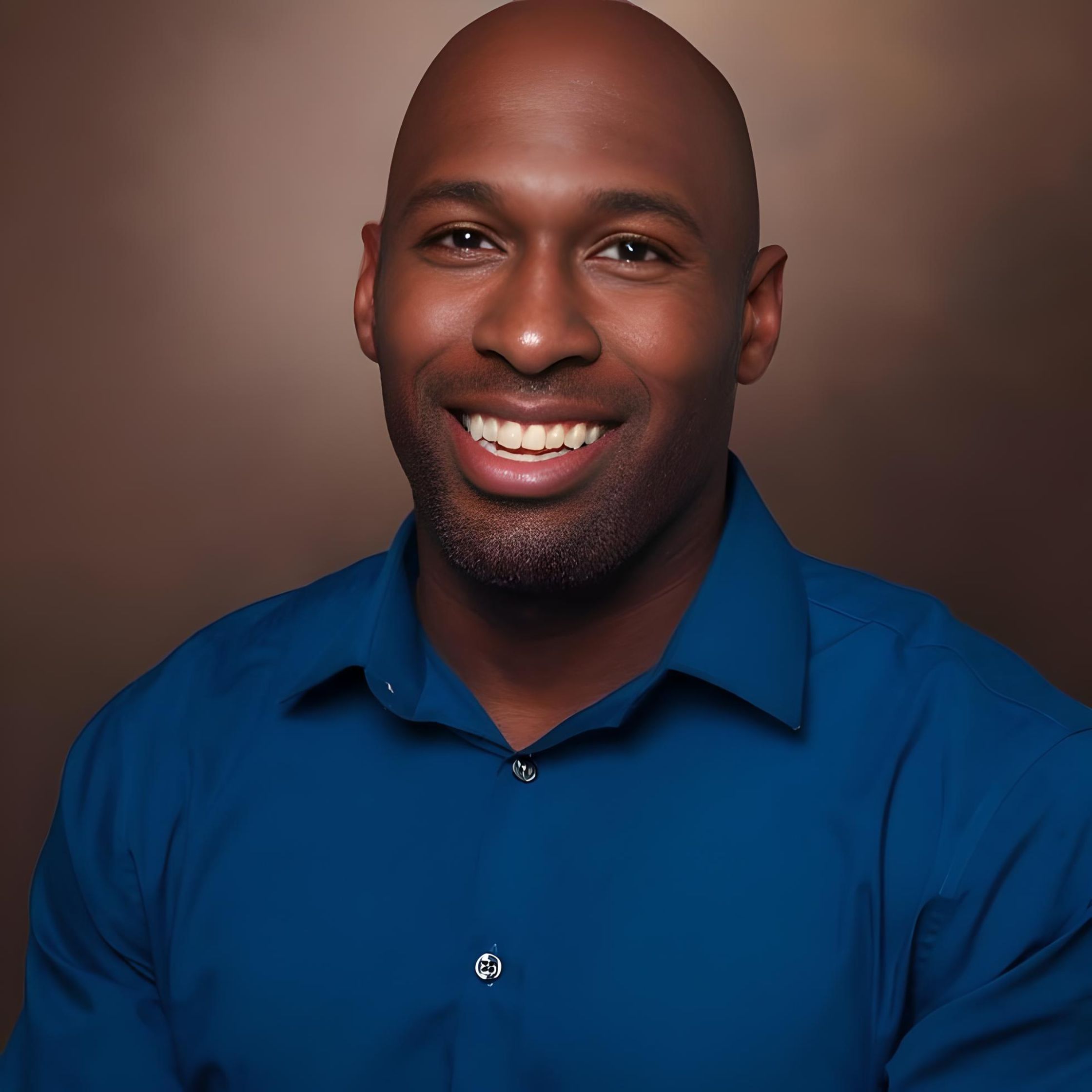
Access to growth opportunities supplemental of the classroom are essential to student success.
To that end, Pathway to Research is a mentor-facilitated program offered by MSU’s Undergraduate Research and Creative Activity Office that guides students through the process of identifying and securing a research mentor.
Designed as a three-week intensive program offered multiple times throughout the year, participants work to narrow research interests, identify possible research mentors, and prepare for outreach and interviews with mentors.
According to Mordecai Harvey, assistant director for Undergraduate Research and PTR program coordinator, “We’re very intentional about engaging those populations we aren’t seeing participating in research as much, so transfer, first-generation and international students, but also historically excluded and minoritized groups like Black and Latino men.”
Providing one-on-one support for these students while they work toward securing increasingly important research positions is in prime focus for Harvey and his team.

Because of PTR’s intentional work in inclusivity, the program was selected to receive the Creating Inclusive Excellence Grant in 2022, a grant that provides funding “to engage in efforts that will enhance the overall learning, living and working environment for students, faculty and staff at MSU.”
With this grant, the team helped reduce financial barriers students face that can affect their ability to participate in high-impact learning experiences like undergraduate research.
Most exciting is PTR’s measurable impact on student success. Of the students who participated since the program began in the summer of 2021, 73% were able to secure a research position, with 51% of those individuals coming from historically excluded populations. Of those successful participants, 21% identified as first-generation students compared to approximately 15% of the overall MSU student population. Transfer students who make up approximately 10% of the MSU student population accounted for 24% of successful PTR participants.
To expand the capacity of the program, the office has hired 15 advisors to meet student demand and is piloting the program for the College of Social Science and incoming MSU students at Lansing Community College.
Continuing mission
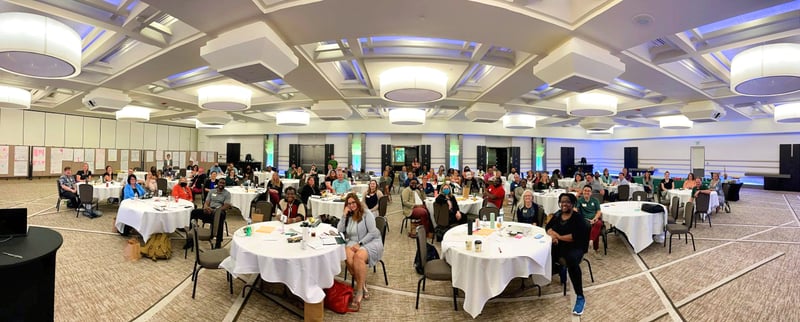
Many more programs and offices at MSU are centered on building success through community whether it be in the Alliance for Graduate Education and the Professoriate, International Studies and Programs, First-Generation College Student Initiative or various neighborhood and student affair centers, among others. By addressing the specific needs of underrepresented students, these programs effectively combat systemic barriers that might hinder their progress. They offer guidance not just in academics but in areas such as mental health support, career counseling and navigating the college environment. Through dedicated support, MSU enhances the overall college experience for underrepresented students, ensuring they have the tools and encouragement needed to reach their graduation goals and successfully transition into their careers.
MSU wouldn’t be the institution it is without the diverse students it serves. Attracting students with short time to degree, in-demand majors, experiential learning opportunities and robust academic experiences is only one aspect of student success. For admitted students, reducing barriers to student success and closing opportunity gaps through innovative programs and initiatives, course and pedagogy reform and valuable work in mapping the student experience are essential. Ensuring every student MSU admits learns, thrives and graduates will continue to be one of the university’s most important missions now and beyond 2030.
